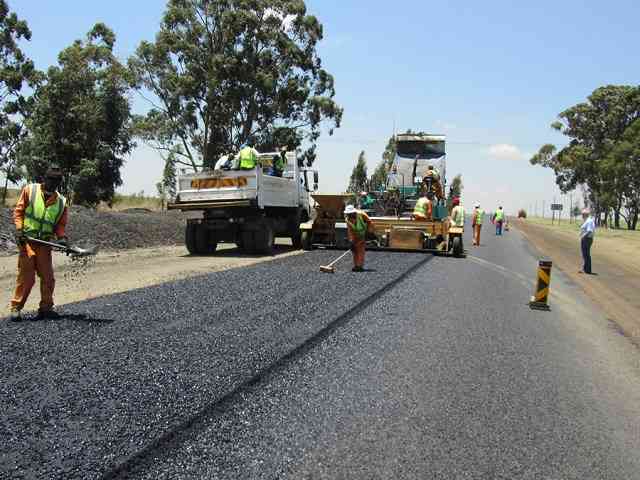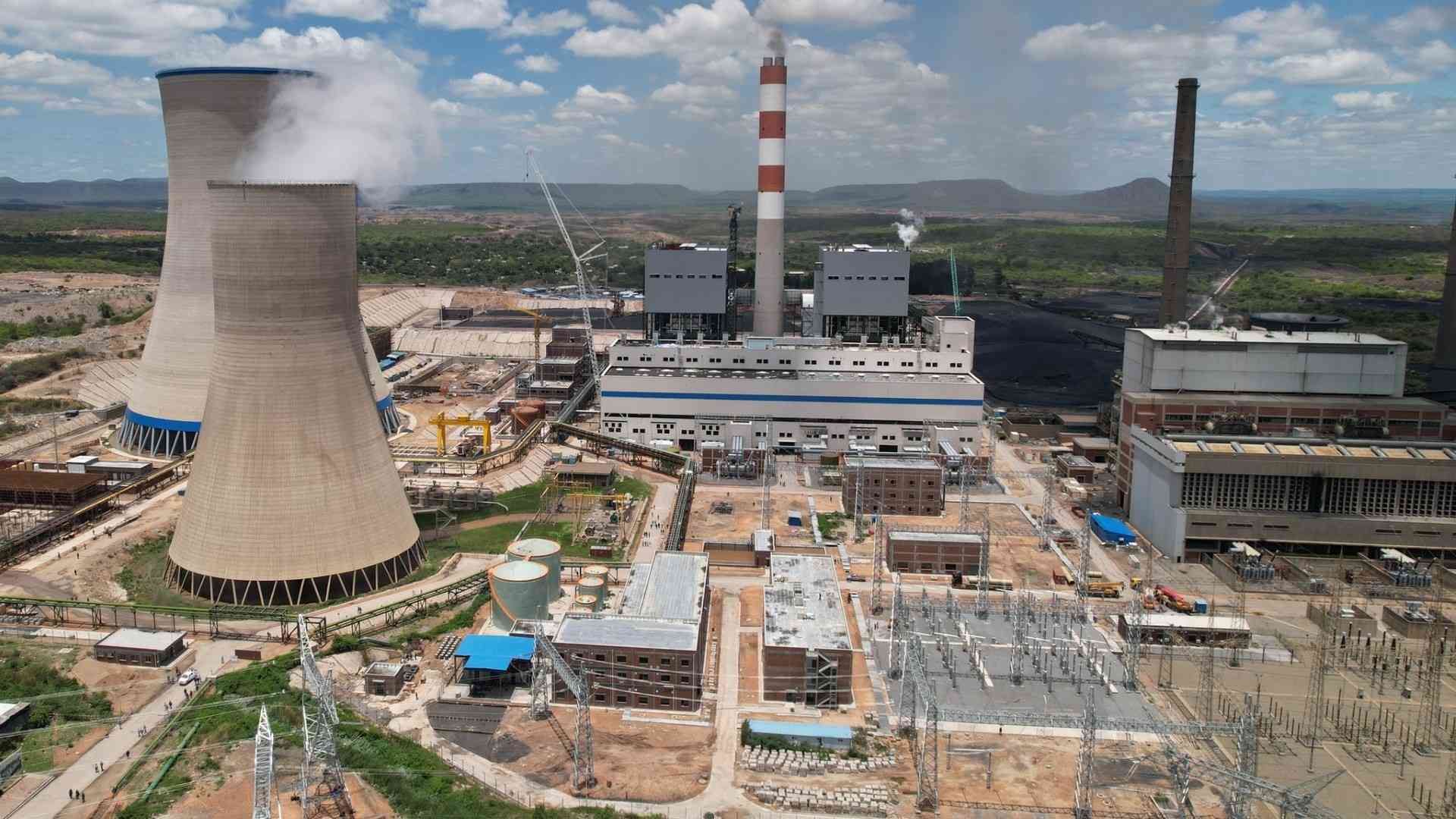
Desperate government suppliers chose the funeral wake of one of their own last Thursday to push for crunch emergency meetings with Treasury bosses, warning that overdue payments had pushed companies to the brink of collapse, the Zimbabwe Independent has established.
The companies — contracted for critical infrastructure and public services — say they are drowning in debt after going unpaid for work completed as far back as 2024.
Their situation has become untenable under the combined weight of a brutal liquidity squeeze and a government launching grand projects beyond its fiscal capacity.
Among the flagship projects under spotlight is the 584 kilometre Harare–Masvingo–Beitbridge Highway, where contractors face foreclosure, lawsuits, and asset seizures over unsettled invoices.
The crisis came to a head during an informal gathering on the side-lines of a funeral for a supplier in Harare, where distraught executives resolved to storm the Ministry of Finance this week to demand their dues.
“The meeting was informal, but the mood was urgent,” a source who attended told the Independent.
“We agreed that everyone present would approach Treasury this week. Most of these companies are bleeding — invoices from 2024 remain unpaid, yet the bills keep piling up.”
“There are whispers that some companies are getting paid, but the majority are starving. It’s time to act before firms collapse completely. Paying now is cheaper than facing inflation and widespread failure,” the source added.
- Rampaging inflation hits Old Mutual . . . giant slips to $9 billion loss after tax
- Monetary measures spur exchange rate stability: RBZ
- Zim deploys IMF windfall to horticulture
- Banker demands $21m from land developer
Keep Reading
He was referring to the Reserve Bank of Zimbabwe’s stance to keep money supply under constant watch, helping it avoid a deadly inflation charge.
This monetary policy position has been blamed for liquidity constraints in Zimbabwe, which has triggered the collapse of a string of firms.
Many more have applied for receivership to escape demands from frustrated creditors.
The standoff lays bare the fragility of Zimbabwe’s infrastructure revival drive. Many contractors who rebuilt roads ahead of last year’s Southern African Development Community Summit are now in financial ruin, with some dragged to court or liquidating assets to stay afloat.
Tinashe Manzungu, president of the Zimbabwe Building Contractors Association (ZBCA), confirmed the scale of the crisis in a recent interview with this newspaper.
“Some of our members are still owed huge sums by government — invoices that date back to 2024,” Manzungu said. “Businesses have shut down. Some owners have lost their homes. Equipment has been repossessed,” he said during the interview three weeks ago.
Treasury has so far remained silent, further fuelling frustration. Many contractors say they have gone more than eight months without receiving a cent, even as input costs spiral.
“There is a perception that when you are doing national projects for government, you are safe,” said one executive.
“But reality is different. Treasury is struggling — we know that. But this silence is deadly.” Treasury is battling multiple fronts, including rising debt repayments. But contractors insist poor planning is at the heart of the crisis.
“The danger is real,” said one contractor. “Once these firms go under, you don’t just lose infrastructure — you lose skills, jobs, and capacity. Recovery takes years.”
“What we are saying is that even if just a bit of that money was coming in monthly, by now this could all be behind us,” Manzungu said three weeks ago.
“But there has been a complete dry spell — and that is why most contractors are now suffocating.”
“While we have a national development strategy that we all want to see happening, it is unfortunate that Treasury is also struggling to fund itself. It relies heavily on taxes and very little on foreign direct investment,” he said.
“When you look at the magnitude of projects being undertaken, you will see that it is not aligned with what is available in the fiscus. Out of 100%, Treasury is only managing to fund between 30% and 40% of what is expected. That is a very difficult situation.”
“We know we are under sanctions, and it is hard for our banks or companies to borrow offshore.
“We acknowledge it is a difficult environment, but the government continues to float tenders without the necessary resources in place,” he told the Independent.
Authorities have declined to respond to questions. Three weeks ago, deputy Transport Minister Joshua Sacco referred inquiries to the Ministry of Finance, which declined to comment.










